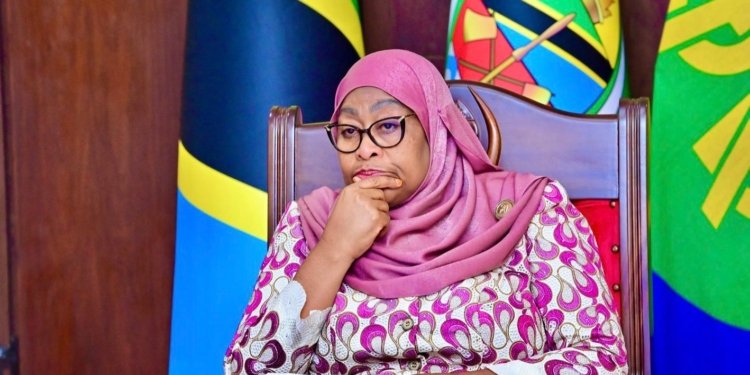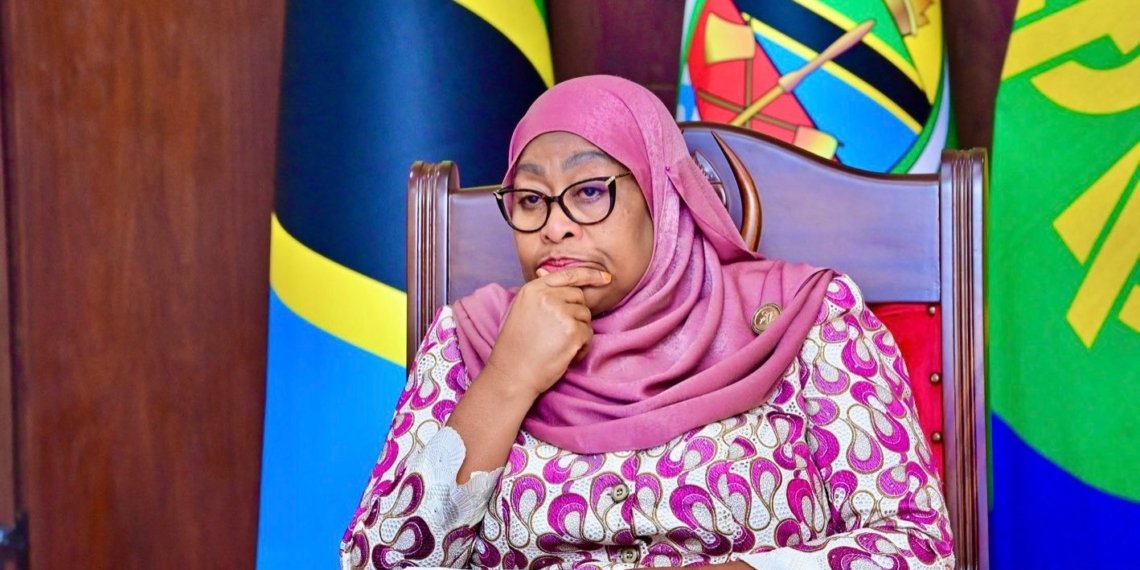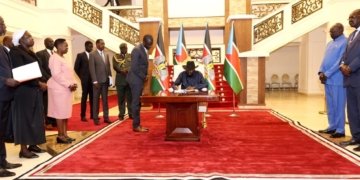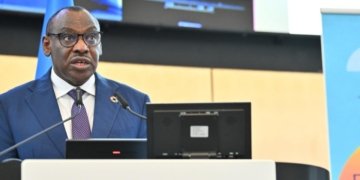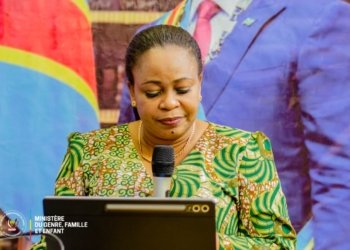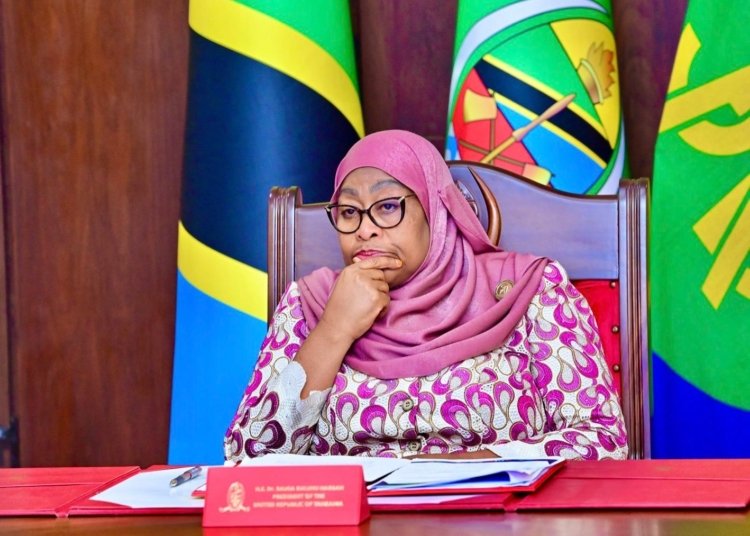DAR ES SALAAM – Tanzania’s recent ban on the use of foreign currencies for domestic transactions has sparked a heated debate across Africa and beyond, drawing reactions that range from cautious praise to sharp criticism.
Under new regulations effective March 28, the Bank of Tanzania now requires all goods and services to be priced and paid for strictly in Tanzanian shillings.
The government says the move aims to reduce currency depreciation and boost economic self-reliance.
Beyond the economic concerns, the policy has ignited broader Pan-African conversations about currency sovereignty and integration.
Deckerson Thomas, a Pan-African activist and author of “Or Porto, Shadow on the Horizon,” argued that Tanzania’s move should inspire continental unity.
“Africans are being wishful, speculative and hopeful,” he said. “It’s time Africans begin to act decisively, but firstly unite and stop regarding each other as foreigners.”
He said, “The day Africans decide to synchronize their economies and choose a new currency, prosperity will begin.”
He sees Tanzania’s move as a spark that could reignite dreams of a unified African economy built on shared value and collective strength.
Kingsley Tochukwu, a Nigerian inspection engineer, supported the move. “This is a wake-up call for Africa. The leaders who make such decisions are those who see the suffering of their people as their own.”
He urged leaders in Nigeria to follow suit.
“This is amazing to see countries of the world taking their own initiative at the future of their nations,” said Ali Adel, a business strategist based in Dubai who works across sectors including real estate and oil and gas. He praised Tanzania’s decision as a step toward economic sovereignty.
While some observers see the policy as a bold step toward currency sovereignty, others urge caution.
Ian Sendagala, country director at Shule Child Aid Africa, said Tanzania’s success could serve as a regional model.
“If Tanzania can pull this off, it could become a regional blueprint for de-dollarization, rebuilding trust in local currency, deepening bond markets and retaining capital within its borders,” he said.
But Sendagala warned that without structural reforms to support the shift, the directive risks becoming “another well-intentioned decree that ultimately fuels price instability and parallel-market distortions.”
Critics are concerned about unintended consequences
“Who keeps their wealth in banana republic currencies?” asked Reginald Mudunge, a finance and strategy expert.
“She is probably killing the Tanzanian banking system… banks are run by customer deposits,” he said, referring to corporate and SME call deposits that may now shrink.
Eli Rozhansky, a nurse clinician, likened the policy to “a turbocharger for the black market,” while communications consultant Shi Kang’ethe said the decision, though outside her field, seemed potentially disruptive.
According to the World Bank, Tanzania, with a population of 69 million, is classified as a lower-middle-income country with a per capita GDP of $1,149.
The economy is relatively diversified; agriculture accounts for about a quarter of value addition, industry accounts for a third, and services account for the remainder.
Agriculture remains the largest source of employment, with two in three Tanzanians working in the sector. Rapid urbanization has pushed 37% of the population into cities.
